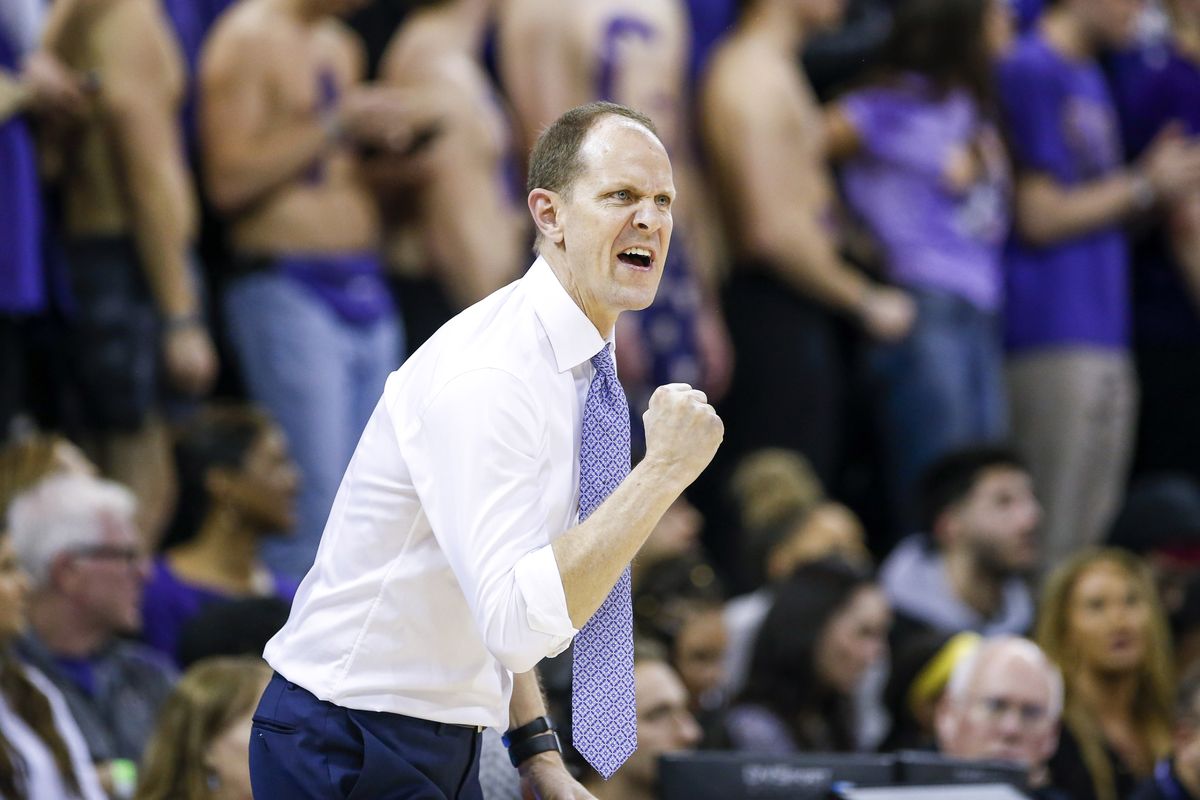
Much frustration and fervor has emerged over the years with the NCAA’s rules in place that protect amateurism, which prevents student athletes from receiving compensation while they compete for colleges and universities. The criticism is not of the amateurism itself, but that the schools are operating professional-scale athletics programs, much to their financial benefit, by exploiting their student athletes.
While many thought that the conversation might have been over with, the Supreme Court denied certiorari in O’Bannon, one Washington legislator hopes to keep that conversation alive with the introduction of HB 1084, which is scheduled for executive session in Washington State’s House Committee on College & Workforce Development today and tomorrow. Indeed, Rep. Drew Stokesbary (R- Auburn), admitted that the impetus for the legislation was to force the conversation to a point where the NCAA would feel pressure to change its rules depriving athletes from receiving financial compensation when the universities, they represent cash-in on their talents.
Wondering just how, exactly, Rep. Stokesbary intended to give effect to his proposed legislation, he was kind enough to take time out of his busy schedule to answer some of my questions. And, just like all conversations between a couple of lawyers should be, it was concise, honest, and enlightening. Bad lawyer jokes aside, I sincerely hope Rep. Stokesbary’s vision for post-amateurism in college athletics takes hold in this country:
Should HB1084 pass and be enacted into legislation, how do you intend to implement it in light of NCAA uniform rules and O’Bannon?
“Broadly speaking, HB 1084 essentially establishes that it is a per se violation of Washington state’s Consumer Protection Act (CPA) for the NCAA to enforce its eligibility rules with respect to the amateur status of student athletes. Violations of Washington’s CPA can be enforced by actions brought by the state Attorney General (who can seek injunctive relief) or by any private party injured by the violation (who can seek both injunctive relief and treble damages). So, if HB 1084 were to pass and the NCAA attempted to enforce its rules against student athletes enrolled in Washington’s colleges, I expect we’d quickly see litigation. I’m optimistic the courts would apply HB 1084 as intended, because the statutory language is both explicit and specific with regard to proscribed behavior. In O’Bannon (and other cases), plaintiffs have argued that certain NCAA actions violate federal or state antitrust laws generally, but courts must apply the general framework established by antitrust case law (such as the “rule of reason” in O’Bannon) to the facts and circumstances of each case. By narrowly specifying the type of behavior that would constitute a violation, I think judicial leeway is fairly limited.”
If a goal of the bill is to draw attention to the issue in hopes that enough states take notice and enact legislation of their own, how do you intend to encourage other state legislators to get on board, especially where college sports have an incredible influence over the social/cultural landscape (i.e. the SEC and the Big 10).
“There has already been extensive press coverage on the bill. I’ve had current and former NCAA athletes and their families, sports law professors, and even a D-1 athletic director reach out to me already to share their support. So, I expect legislators in other states will hear about the effort and automatically begin thinking about potential avenues of reform in their own states. There are various national and regional groups that bring state legislators together and give us an opportunity to share ideas and experiences with each other, so after our upcoming legislative session is over here in Washington, I’ll certainly devote some attention to sharing my experience with my colleagues in other states.
“Justice Brandeis remarked that states are a ‘laboratory’ for ideas. When I first sat down to draft this bill, I assumed some other legislator in some other state must have introduced a bill dealing with student-athlete compensation. Perhaps one did, but my staff and I could not find a single example. Hopefully this will serve as a model for legislators in the other 49 states who are looking for creative solutions to achieve NCAA reform.”
If (say, in an ideal situation), student athletes were allowed compensation as per HB1084, would you foresee that necessary restrictions/protections to be put in place for agents in contacting athletes in high school, for example? Something along the lines of the Miller-Ayala Act in California, which has provisions intact regarding contact with student athletes?
“While I have (obviously) come out in favor of permitting compensation for collegiate athletes, I’m still more skeptical about paying high school athletes. From a freedom-of-contract perspective, I suppose there is little difference between the two. However, public policy distinguishes between minors and adults in any number of matters. Also, in terms of fairness, the NCAA generates several billions of dollars in revenue each year, whereas there’s far less money in high school sports, so there’s not nearly the inequity built into the system. But I think you’re right that HB 1084 does raise some important ancillary questions, including how to handle high school athletes.”
Finally, have you heard from any of the Washington State universities regarding the proposed legislation?
“I’ve been in touch with most of the big schools here, but they’re still reviewing the legislation. As mentioned above, I have heard from D-1 AD (in another state) who was appreciative and supportive of my proposal.”
***
Put simply, Rep. Stokesbary’s bill faces a (steep) uphill battle. Even assuming HB 1084 passes and is enacted by Governor Jay Inslee, litigation from the NCAA will be certain and difficult (which Rep. Stokesbary was quick to admit, and, is further deserving of its own article). Should that happen, however, I’ll be the first to bring the popcorn to watch that fight.




